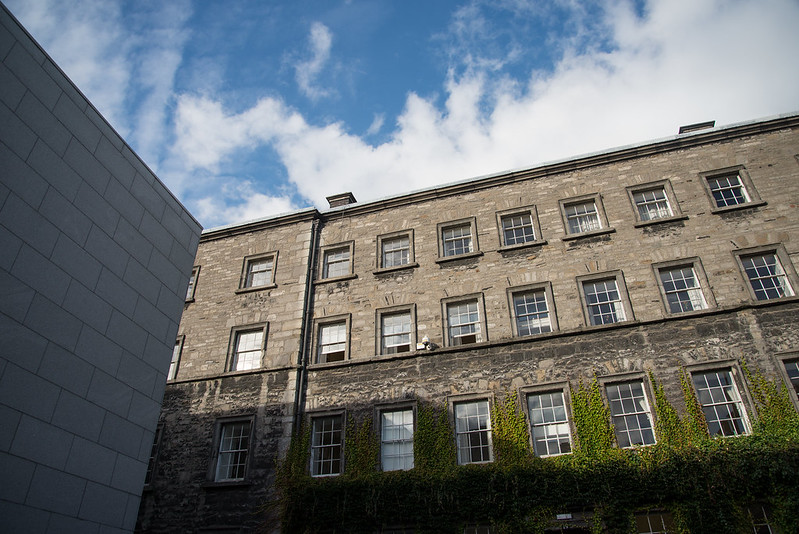Even without casting aspersions on the merits of the Central Societies Committee (CSC) ban against societies taking political stances, last week’s debacle over the potential name change of Dublin University Gender Equality Society is a curious one. For one thing: how would a “Feminist” society be considered political if a “Gender Equality” one is not? There are, of course, distinctions between the two terms – but it is worth pondering just how, in 2006, the CSC granted provisional recognition to a “Gender Equality” society with the expectation that it would be able to avoid involving itself in political campaigns.
The Union of Students in Ireland (USI) quite clearly inflated the attendance figure for Wednesday’s March for Education. In the wake of the Cassells report and our worst fears about income-contingent loan schemes, up to 10,000 students attended last year’s march – making it the most successful one in several years. This year’s march was certainly not as thronged, such that it would be a stretch to suggest twice as many turned out, as USI did. Nonetheless, it’s hard to decry this kind of fib: if the student movement can convince national media outlets that 20,000 students hit the streets, then it’s a marketing success.
Students Against Fees has reignited its campaign, united in criticism of the student movement’s campaign against fees, referencing the USI’s March for Education’s supposed “loss of momentum”. But this criticism comes from a group that, after its first year, only sporadically met and organised action. Its Facebook page shows months-long gaps in activity and it has made no meaningful progress since they raised a motion to oppose fees at Trinity College Dublin Students’ Union’s council last year – the passing of this motion meant that the group could use union funding for its campaign.
This is the first in a new series that aims to chart some additional brief views of the Editorial Board of The University Times on the developments of the week. It will appear regularly online and in print.







